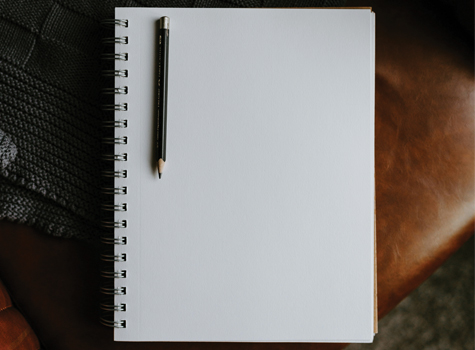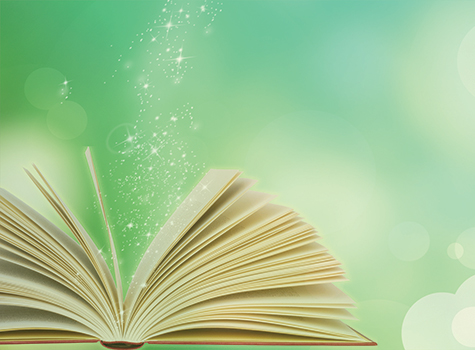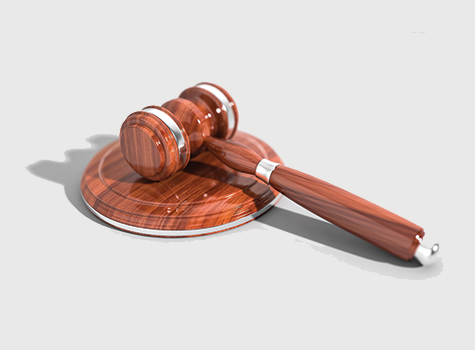By Jennifer Allen

Every June, communities across the world celebrate Pride, also known as “Gay Pride” or “LGBTQ+ Pride.” For many it’s a celebration of self-identity, representing each person’s freedom of expression and from social oppression. For others, Pride becomes a time to observe those who live their lives “out and proud”.
The whole concept of Pride began as part of the Civil Rights Movement of the 1950s-1960s — in which Black communities fought for the same legal and civil rights of their white counterparts. The catalyst seems to have started with the Stonewall Riots which took place in 1969.
Back in the 1960s, the Stonewall Inn, now a historic landmark thanks to former President Barack Obama, was a popular hangout for LGBTQ+ folks in New York City. It represented that safe haven for those with varying sexual and gender identities to be open and not have to hide who they are from the outside world. While New York has always been one of those metropolitan areas that “misfits” tend to flock to, it was still difficult to be part of the LGBTQ+ community at that time.
On June 28, 1969, police raided the Stonewall Inn. In response to the raid, bar patrons, staff and local residents protested and engaged in violent confrontations with law enforcement for six days. These riots would go on to spark the gay rights movement in the United States and eventually in other countries as well.
A year later in 1970, the first New York Pride Parade occurred in remembrance of the riots… and since then the entire month of June has become a festive time to embrace your sexual and gender identity. It has also become a popular time for those who have not “come out” yet to have a chance to do so with (hopefully) as little shame as possible to follow.
Honestly, I still think that being openly gay, bi, trans, or whichever a person may identify as while also living in a society that constantly puts your identity (and sometimes your life) at risk is extremely brave. The fact that in 2020 we’re seeing more and more people living openly and honestly despite these challenges is nothing short of a miracle.
It’s still legal in some US states for employers to fire people on the basis of sexual orientation or gender identity. Only 22 states and the District of Columbia prohibit employment discrimination on the basis of sexual orientation or gender identity, and unfortunately as of May 2020 North and South Carolina are not included on that list.
Another terrifying fact is that until 1973 in the US, being gay or bisexual was classified as a mental disorder and typically “cured” through conversion therapy. In fact as of May 2020, conversion therapy is still legal for use on minors in 30 states, though bills are currently pending to ban it in North Carolina and Georgia.
NC Governor Roy Cooper banned state funding for the therapy in 2019, but that does not stop private funding for it for the time being. While I feel this should be handled at a federal level, we are moving more in the right direction because honestly whether you’re gay, lesbian, trans, queer, non-binary or whatever you identify as… it’s not a sickness. It’s simply one of many things that make us all unique and ultimately… human.
As far as South Asian culture goes, the line between gay & transgender has always been much more defined. While homosexuality has not been classified as a “sickness” per se, it has been declared a criminal act to engage in homosexual intercourse. India overturned this law in 2018 while Pakistan still has the law in effect. Adversely, due to the khawaja sara sub-culture of the region, Pakistan appears to be more accepting of trans & intersex peoples and has given transgenders various equal rights since 2009.
Expectedly as with any cultural month-long tribute, there will always be those who ask for days and months (other than “every day is men’s day” or “white history is celebrated every month” or “straight pride is every day”) and honestly the argument is getting old. Did you know that May is South Asian Heritage Month? Unfortunately this is only practiced in Canada so far. If I’m in earshot of these people, I tend to remind them that a person has never lost their job, been denied a place to live, or a place to worship because they’re white or straight in North America.
So when white or straight people ask why there is a need for gay pride or wonder why there aren’t straight pride celebrations, it feels a lot like they are saying contributions by LGBTQ+ people are not worthy of recognition. Furthermore, these same closed-minded people are obviously denying the importance and significance of identifying as LGBTQ+ and achieving so many things when we still live in a world that is only just now starting to understand the hardships involved with being “out”.
Pride Month, with its rainbow flags flying, confetti-fueled parades, and merriment, may be a bit different this year with the Coronavirus still keeping us locked away from larger social gatherings. However, there will be online celebrations and smaller groups holding observances all over the world. I know that the internet has its own share of homophobes out there, but I also know that there’s many more out there that refuse to let anyone or anything dim its light.
Despite the profound emotional and physical abuse that LGBTQ+ individuals have endured the collective decision to unite and declare #LoveWins is the ultimate example of progress. So, celebrate, honor, and commemorate those who have made Pride Month a reality, and if you find out that a friend or loved one decides to come out this year… be proud of their courage and offer them support instead of hate to make this world just a little bit brighter.
———-
Jennifer Allen works at Saathee and is also a Podcaster, Blogger, Photographer, Graphic Artist, Martial Arts Practitioner, and all around Pop Culture Geek.



